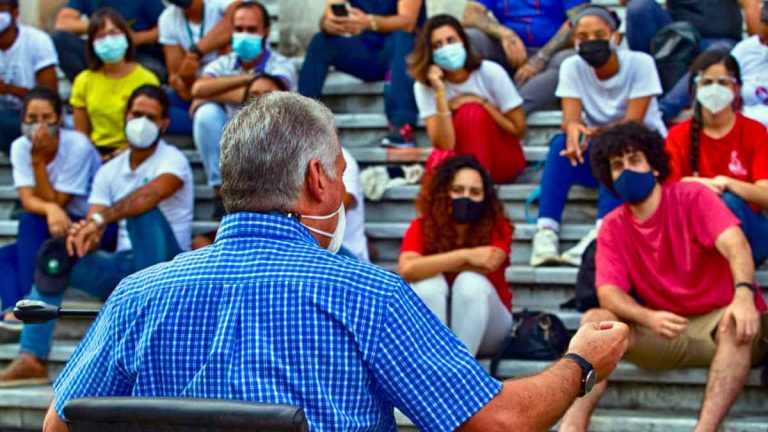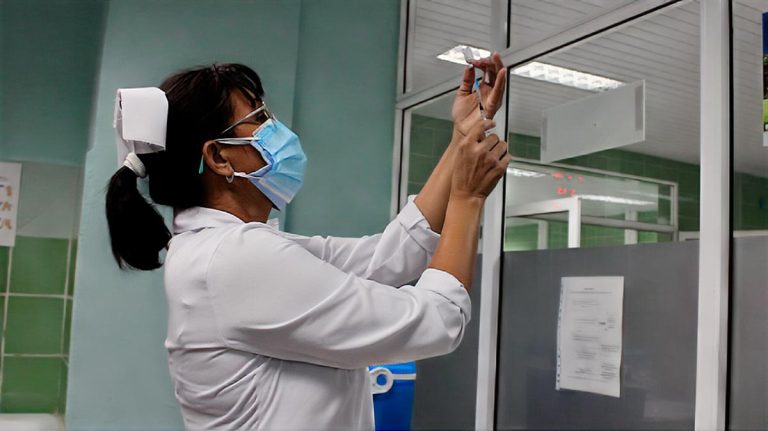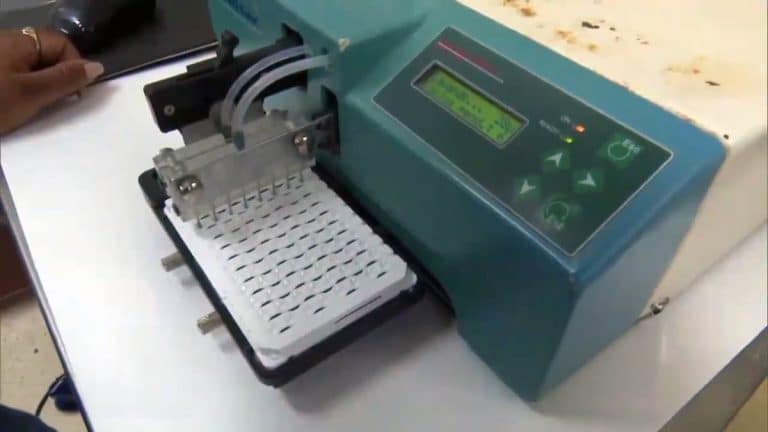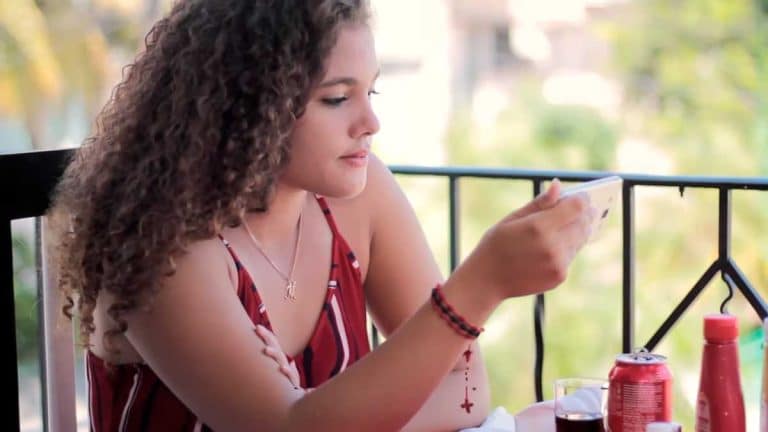Scientists from Cuba and Russia discuss material tests
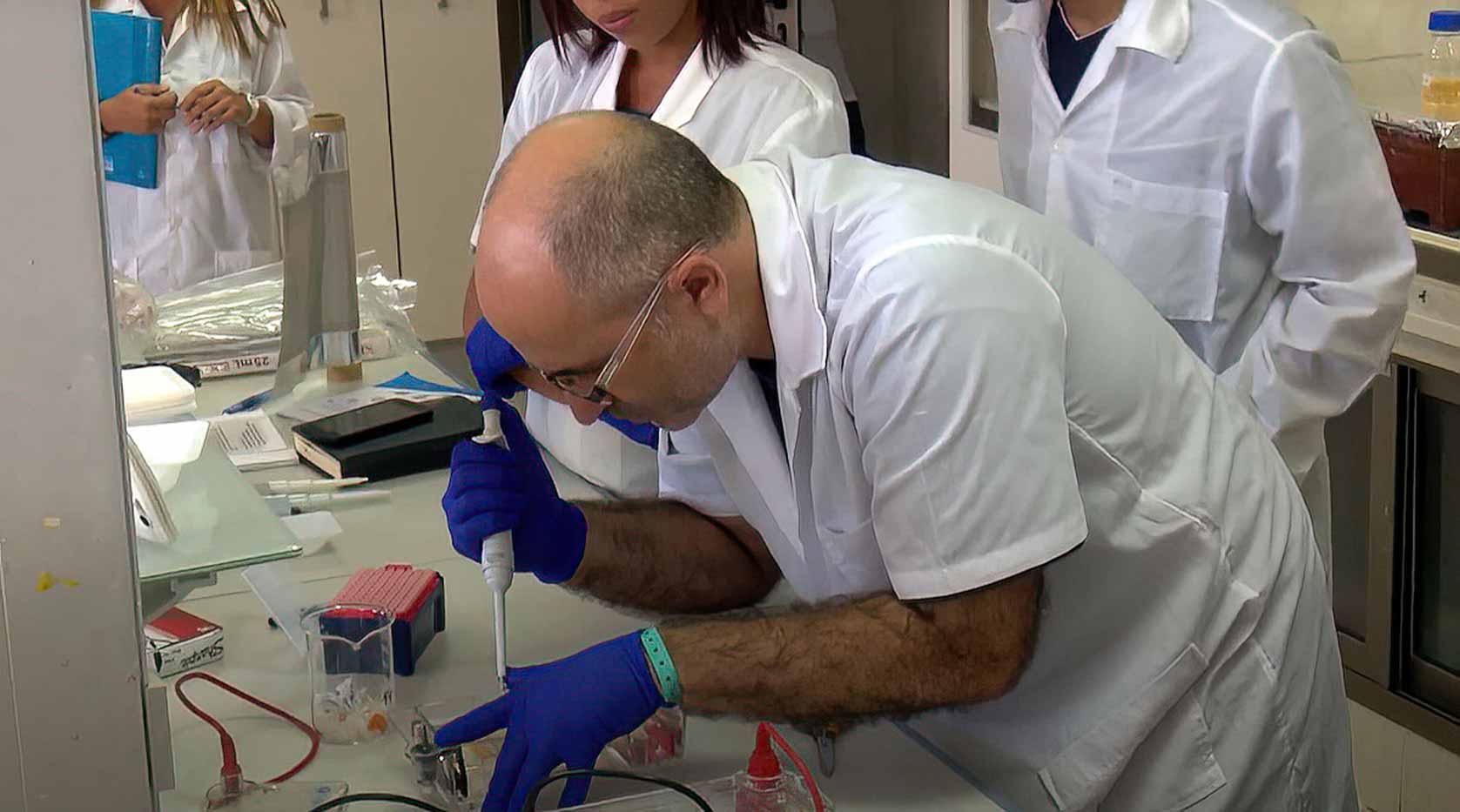
Scientists from the Cienfuegos Center for Environmental Studies (CEAC) and the Moscow Research Institute of Aviation Materials (VIAM) discussed climate testing of materials.
The talks revolved around the Cuban-Russian station for climatic testing of materials and structural elements in the tropical conditions of the Caribbean, the 5 de Septiembre newspaper reported in its digital edition.
Doctor of Science Alain Muñoz, deputy director of Science and Technology of CEAC, indicated that the collaboration between the two institutions has been going on for six years.
Muñoz described the period of cooperation as successful, during which both parties have studied in depth the impacts of environmental conditions on the degradation of different types of materials used in industry in both countries.
The Cuban scientist augured future joint work between Russians and Cubans focused on the development of projects on the degradation of plastics, a response to the Sustainable Development Goals, especially those related to the protection of the marine environment.
He noted that the relationship with Russia’s VIAM is strategic and necessary, given that CEAC is working on finding a national response to the determination of microplastic concentrations in the marine environment.
Ivan Medvedev, deputy scientific director of VIAM’s Climate Test Center, project coordination specialist Mikhail Daskovskiy and Sergey Skripachev, head of VIAM’s Project Support and Coordination Department, participated in the scientific workshop held in Cienfuegos, 240 kilometers southeast of Havana.
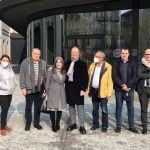
Both scientific institutions agreed to extend the term of the collaboration agreement for another five years.
Cuba-Russia scientific collaboration
The implementation of various scientific and academic cooperation projects between Russian and Cuban institutions is moving forward, said Gustavo Cobreiro, Counselor for Education and Science of the Cuban Embassy in Moscow last year.
In statements to the media, the Cuban diplomat recalled that in 2020 a scientific agreement was signed between the two countries, which facilitated the increase of links between universities and scientific centers.
Currently, Cuba participates as a Plenipotentiary State in the Nuclear Research Center, located in the Russian city of Dubna, and in the International Center for Scientific and Technological Information, in Moscow, Cobreiro said.
Such initiatives are co-financed by both governments, through the Cuban Ministry of Science, Technology and Environment and the Basic Research Fund of the Russian Academy of Sciences.

